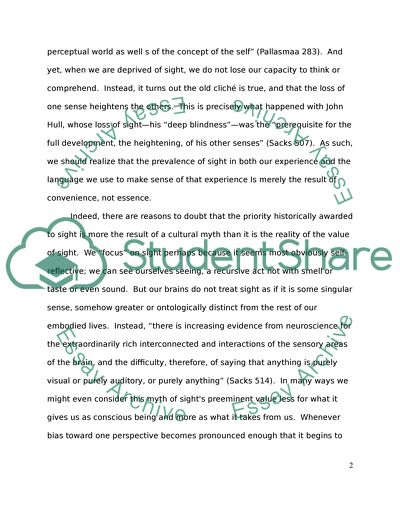To what degree are we responsible for manipulating our own Essay. Retrieved from https://studentshare.org/english/1433208-to-what-degree-are-we-responsible-for-manipulating
To What Degree Are We Responsible for Manipulating Our Own Essay. https://studentshare.org/english/1433208-to-what-degree-are-we-responsible-for-manipulating.


